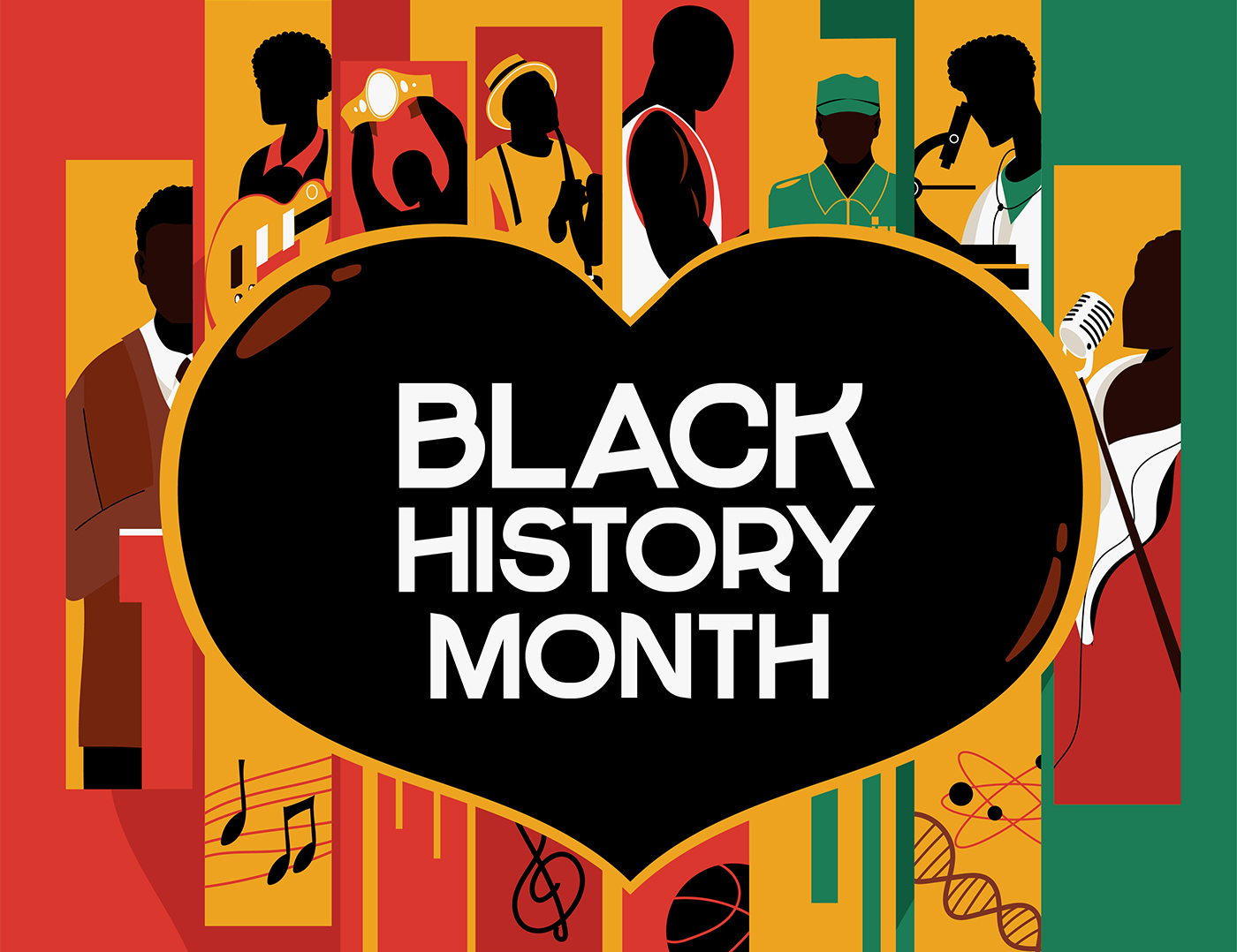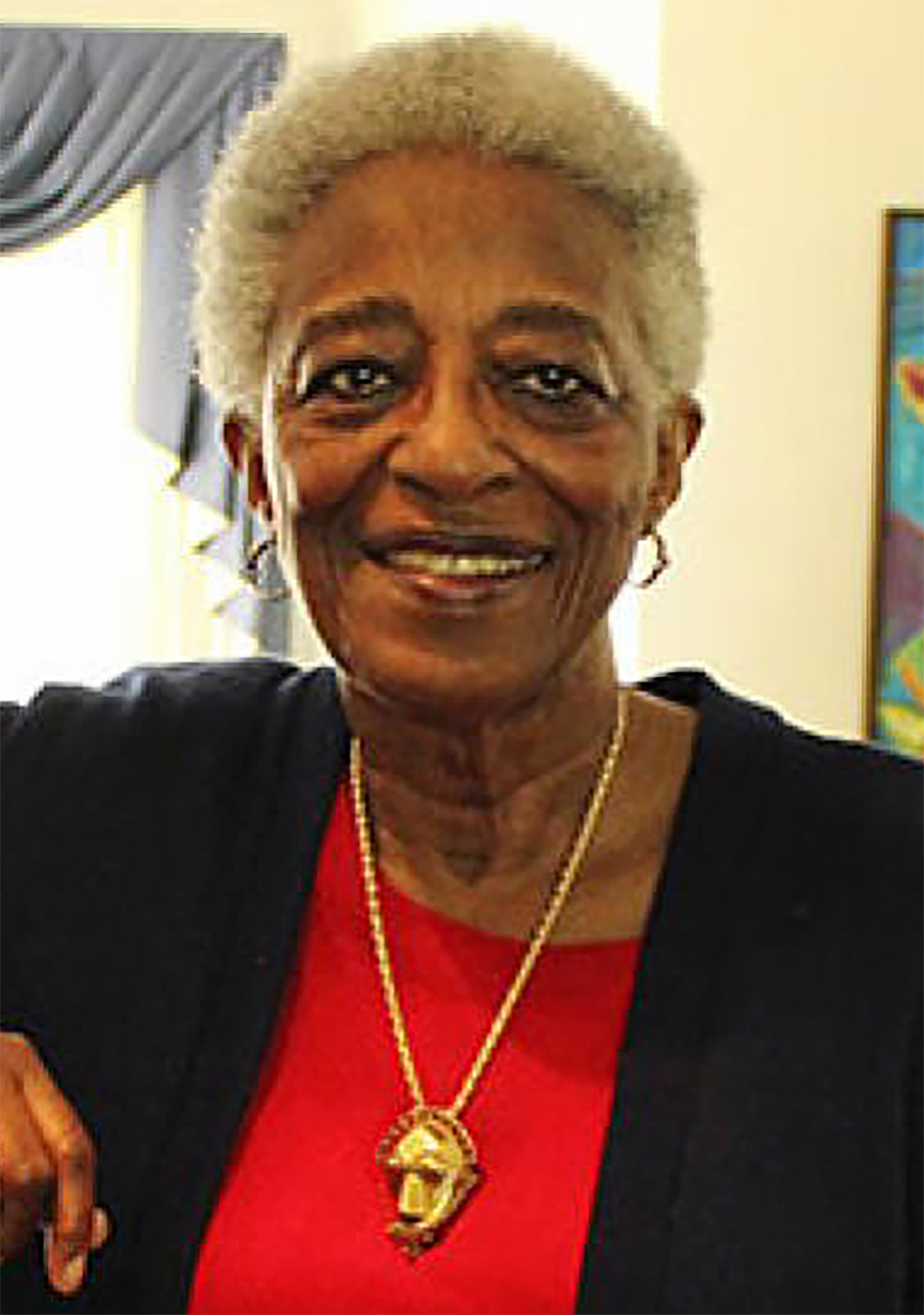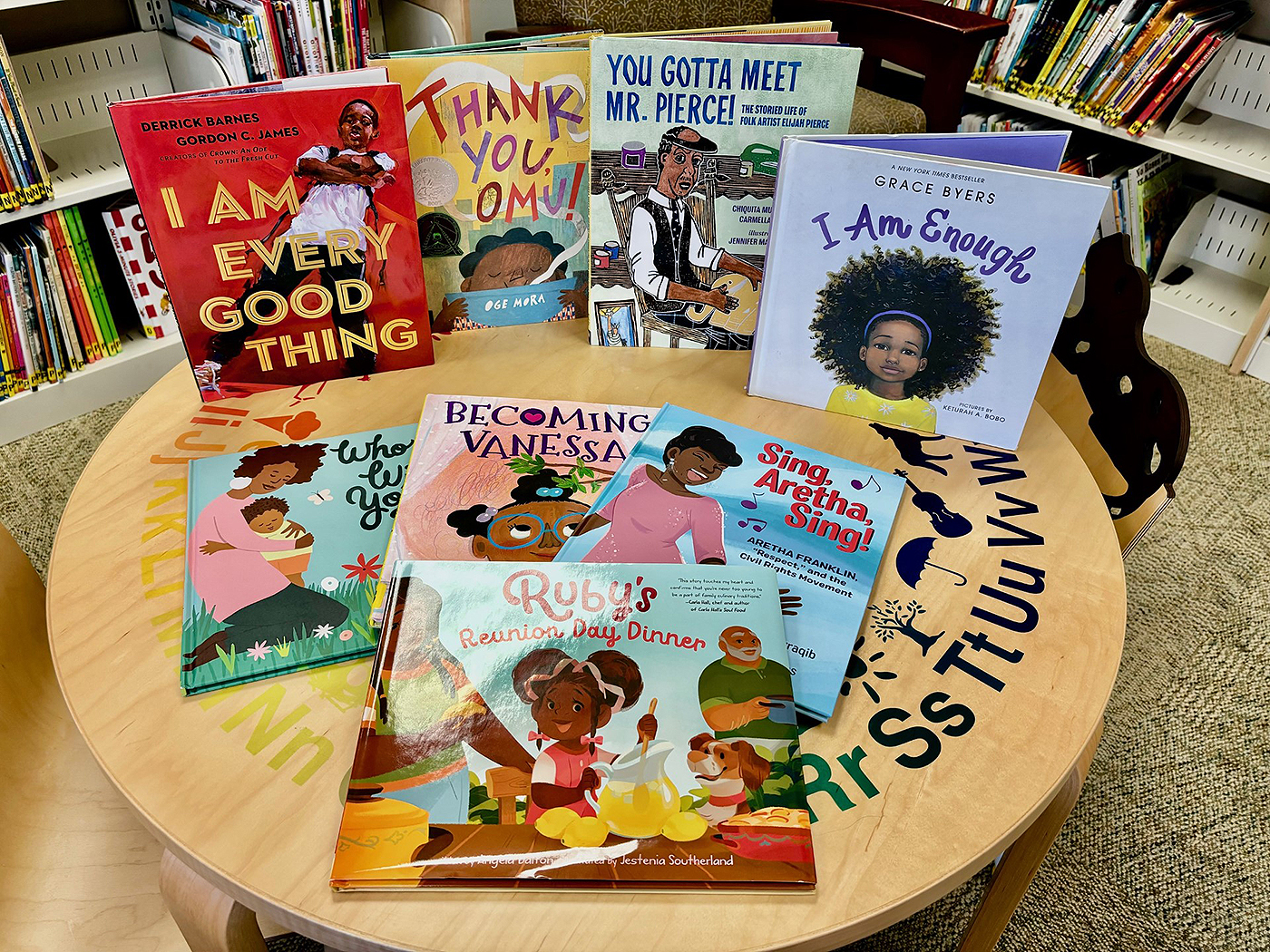Black History Month 2024

Black History Month dates back to 1926 when Dr. Carter G. Woodson first founded a week to draw attention to the largely overlooked Black contributions in American history. Today Black History Month continues to highlight and celebrate these contributions, and the Association for the Study of African American Life and History sets an annual theme. The 2024 theme is African Americans and the Arts.
Rudine Sims Bishop: Allowing children to ‘see themselves’ in early reading

Part of Ohio State’s own history in improving equity in education for Black children is the work of Rudine Sims Bishop, professor emerita the College of Education and Human Ecology. Bishop, who taught at Ohio State from 1986 to 2002, pointed out that not many years ago, few books for children offered culturally conscious depictions that would have been recognizable to Black children — even books that portrayed Black families and individuals. Her scholarship focused on the need for Black children to see themselves in the books they read.
Bishop’s book Shadow and Substance: Afro-American Experience in Contemporary Children’s Fiction became a standard in early education, establishing a framework that is still taught today for analyzing literature portraying people of color. Bishop raised awareness of the lack of authentic depictions of Black people, as well as other groups outside a society’s dominant culture. Her teaching and scholarship opened opportunities for Black children’s authors and illustrators to have their authentic depictions published.
Bishop has become known as the “mother of multicultural literature,” and her influence remains strong more than two decades after her retirement. Crane’s partners in The Ohio State Early Head Start Partnership Program at the Schoenbaum Family Center use Bishop’s philosophy as the foundation for a monthly book series highlighting culturally diverse and racially affirming books. The books, which are sent to the program’s more than two dozen child care centers in central Ohio, add to each facility’s own library and reflect the diversity of the children and caregivers enrolled in the Early Head Start program — 88% of whom are families of color.
Rudine Sims Bishop was inducted into the Reading Hall of Fame and received the International Reading Association’s Arbuthnot Award. In 2017, she received the American Library Association’s Coretta Scott King-Virginia Hamilton Award for Lifetime Achievement. Bishop even appeared in a cartoon in The New York Times Book Review. For all of her achievements in fostering in young readers a stronger engagement with literacy through a greater connection to their own cultural experiences, Bishop is regarded as a national treasure.
How celebrating Black History Month is central to the mission of the Crane and Schoenbaum centers

The Crane Center for Early Childhood Research and Policy and the Schoenbaum Family Center celebrate the Black contributions and rich culture that are interwoven into our day-to-day work in early childhood education. From early trailblazers in the field to today’s researchers who continue to uncover persistent inequities in systems and practices, and from Black authors who reflect Black experiences and highlight influential leaders to the school libraries and community programs who promote these works, we recognize and celebrate all Black History — both in the past and in the making.
Black History Month also reminds us of our commitment to advancing diversity, equity and inclusion across early childhood research, practice, and policy. This happens through examining and understanding where inequities exist, actively working to change them, and by including diverse views that bring insights and may challenge presumptions. Central to this are culturally competent and racially affirming practices happening daily across our centers, whether in conversations with a parent and a teacher during drop-off at our A. Sophie Rogers School for Early Learning, by examining research for anti-racist design, or through the professional development our staff choose for themselves. Black History Month is indeed a celebration but also a clarion call to embrace education and self-awareness.
“Black History Month shouldn’t be treated as though it is somehow separate from our collective American history or somehow just boiled down to a compilation of greatest hits. … It’s about the lived, shared experience of all African Americans, high and low, famous and obscure, and how those experiences have shaped and challenged and ultimately strengthened America.”
– President Barack Obama in a February 2016 message
